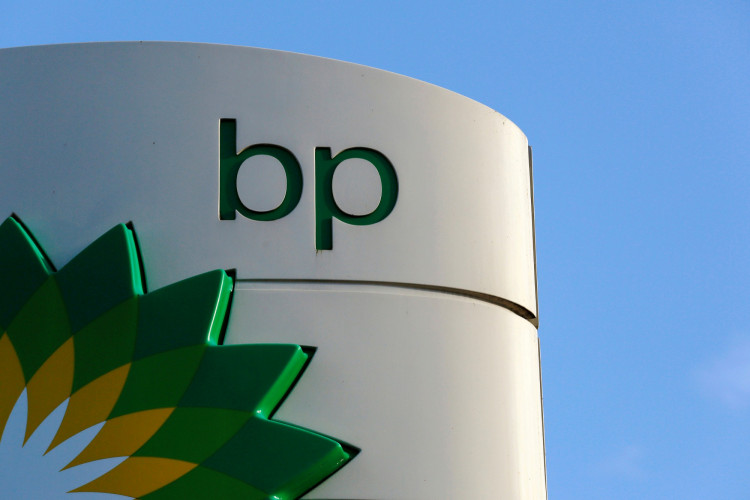The transition to low-carbon energy has proven challenging, and now Europe's energy giants are preparing to shift back to their traditional oil and gas businesses.
Recently, BP showed signs of returning to its core fossil fuel operations, planning to sell its wind and solar businesses and halt 18 hydrogen projects. This decision aims to narrow the gap between BP and its competitors, boost stock prices, and alleviate investor concerns over its profitability. Similarly, Shell and Norway's Equinor have begun scaling back the energy transition plans they set early in the century.
Analysts believe these changes are a response to the ongoing energy crisis caused by the Russia-Ukraine conflict, along with rising costs, supply chain issues, and the declining profitability of many renewable energy projects, particularly offshore wind farms.
Five years ago, BP ambitiously announced it would transform into a low-carbon energy company. Now, the company is planning to sell its wind and solar businesses and suspend 18 hydrogen projects. Internal sources, as reported by Reuters, say that BP has drastically reduced its hydrogen team in London, cutting it from over 100 people to just 40.
Shell is also facing challenges. The company has revised its low-carbon energy strategy, including reducing floating offshore wind and hydrogen projects, withdrawing from European markets, selling refineries, and lowering its 2030 carbon reduction targets.
Additionally, sources have reported that Shell is looking to sell Select Carbon, an Australian carbon offset company it acquired in 2020.
Both BP and Shell are actively taking steps to reverse their fortunes. Shell's CEO, Wael Sawan, has stated the need for decisive measures to improve performance and returns while reducing the valuation gap between Shell and its U.S. competitors, ExxonMobil and Chevron. BP's CEO, Bernard Looney, also noted that the company plans to invest billions of dollars to develop new oil and gas projects to improve performance and return rates.
However, these companies have not entirely abandoned low-carbon energy. They are focusing on areas that can quickly generate profits, such as biofuels. Shell, BP, and Equinor have all committed to continuing development of ongoing offshore wind projects and hydrogen initiatives, particularly those aimed at reducing the carbon footprint of refining operations.
Meanwhile, some companies, like France's TotalEnergies, are continuing to invest in low-carbon energy and are far ahead of Shell and BP in renewable energy capacity.
Despite these shifts, analysts warn that the world may not achieve the United Nations' goal of limiting global warming to 1.5 degrees Celsius, meaning companies could fail to meet or may need to lower their emissions reduction targets.




